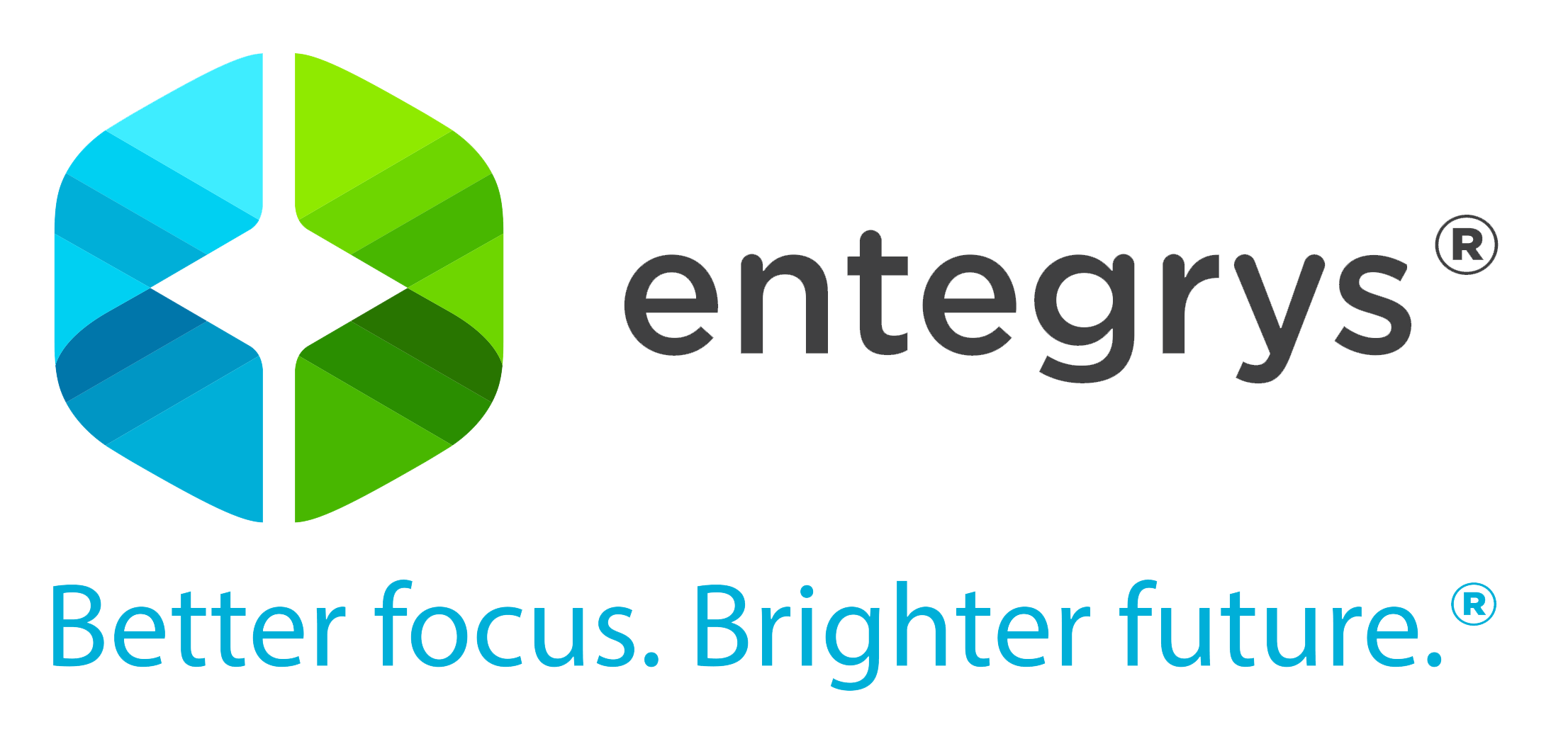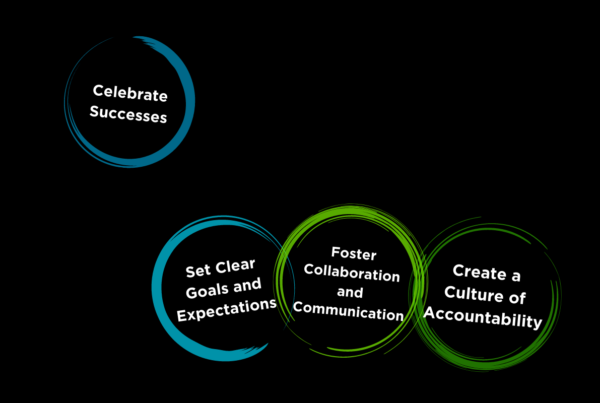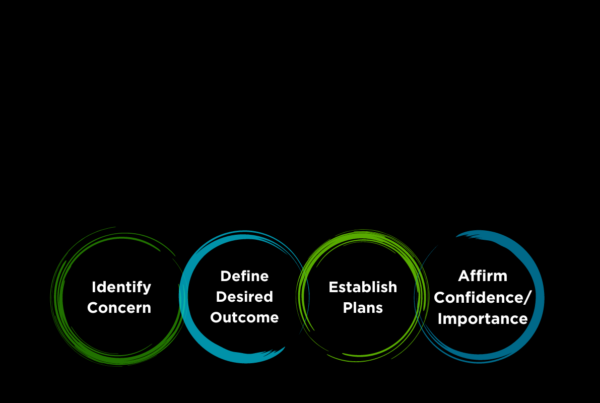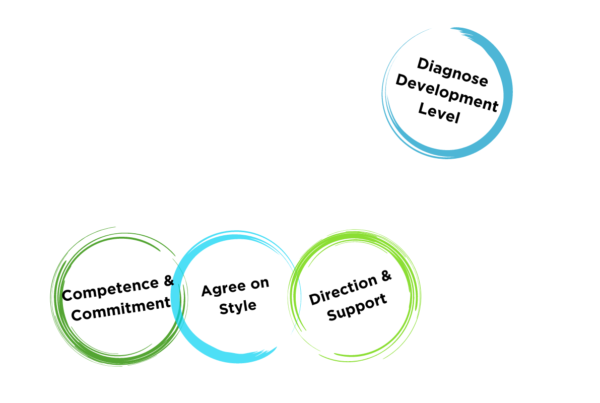Back to basics
Coaching is leadership. As an integral part of the team, the coach observes the team from the sidelines, constantly strategizing and evaluating each player’s performance with winning as a singular focus. While one or two players might be the stars of the game, it is the team that ultimately takes home the prize.
Players arrive with the talent to perform, but coaches bring them together to create a synergy that enhances their collective performance. Said a little differently, coaches enable players to forge their individual competencies together in a way that is most beneficial to achieving team goals.
In sports settings, this is evident in the way clipboards, tablets, and team huddles enable conversations that result in better coordination, game plan tweaks and performance improvements. Effective communication and collaboration are at play here!
Benefits of Coaching
Some of the top benefits of coaching are that:
- It is timely
- It is brief
- It is focused on the event/goal
Managers – Grow your Team
 A manager’s role is to provide oversight to tasks and facilitate problem-solving with staff. A coach leads the team from behind. Managers should also be coaches.
A manager’s role is to provide oversight to tasks and facilitate problem-solving with staff. A coach leads the team from behind. Managers should also be coaches.
The coach joins with the team to solve problems. The language progresses subtly from “here’s what you need to do” to “let’s figure this out together” and “here are some possibilities”.
A two-way conversation is fostered that targets development, motivation, and overall performance improvement.
This builds a foundation of trust within the team and confidence in their ability to deliver quality results and arrive at well-informed decisions.
When managers adopt a coaching approach for performance development, they realize other benefits than just more effective communication, i.e.:
- Ideas and issues are discussed promptly while they are still relevant.
- Changes can be tracked closely to ensure they occur. Managers can coach further if needed.
- The dreaded annual reviews become just that—simpler, “no-surprises” discussions that summarize the ongoing coaching discussions.
In fact, performance discussions should be ongoing — not just a year-end obligation. A coaching approach achieves that. It normalizes performance discussions as part of a respectful and collaborative approach.
Coaching with Competencies
But to be effective coaches, managers need to know what good performance looks like. Role-specific competency profiles provide just that. They identify the key behaviours that employees/team members need to demonstrate to achieve performance standards in key competency areas like initiative, adaptability, teamwork, etc.
Replace those awkward conversations about what’s not working with objective, performance-focused language that facilitates productive collaboration and growth!
If you’re looking to coach your team toward better performance, first click this link to assess your own performance relative to a front-line supervisor role.
This free Career Focus® trial can then provide ideas for the words and phrases that will help you move toward your goal for more productive coaching/performance discussions.





